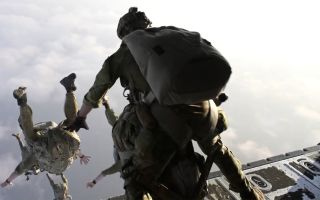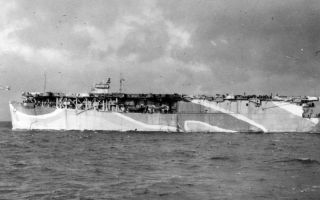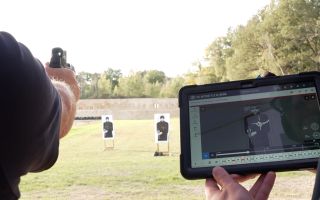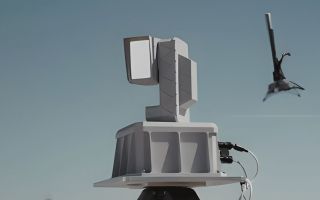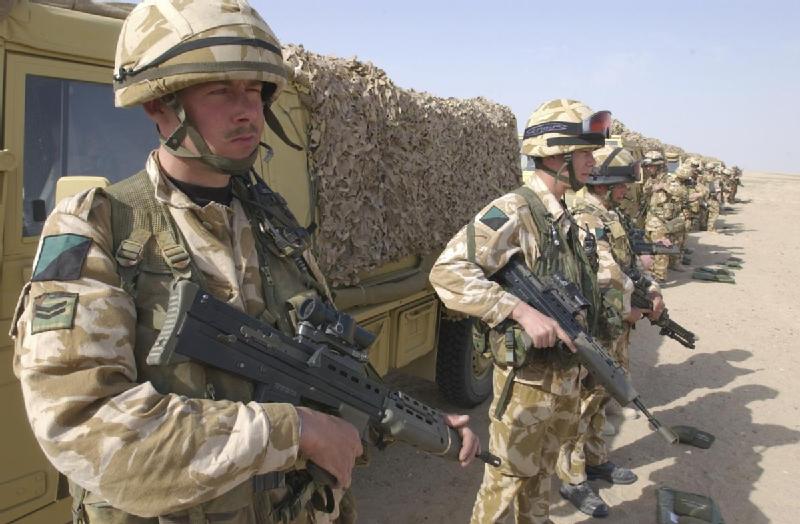
Army
Iraq War Law Firm Closure Welcomed By MoD

Defence Secretary Michael Fallon has welcomed the closure of Iraq War law firm Public Interest Lawyers.
The firm, which submitted hundreds of allegations of misconduct and unlawful killing by British troops, is to cease operation at the end of August, weeks after being stripped of legal aid funding.
Speaking for the MoD, Michael Fallon has said:
“This is the right outcome for our armed forces, who show bravery and dedication in difficult circumstances. For too long, we’ve seen our legal system abused to impugn them falsely. We are now seeing progress and we will be announcing further measures to stamp out this practice”.
According to the Telegraph, 280 soldiers have been handed letters asking about how they were involved in alleged illegal incidents during the war, and many of them were quizzed on bases or outside their front doors.
PIL represented complainants in the £31 million Al-Sweady Inquiry and was criticised when the inquiry's 2014 report concluded that allegations of war crimes following the 2004 Battle of Danny Boy in southern Iraq were based on "deliberate lies, reckless speculation and ingrained hostility".
The Battle of Danny Boy occurred in Amarah between members of the Argyll and Sutherland Highlanders, reinforcements from the 1st Battalion of the Princess of Wales's Royal Regiment, and about 100 members of the Shiite Mahdi Army.
At the start of August it was announced the firm would no longer receive public funding after the Legal Aid Agency (LAA) ruled it had breached contractual requirements.
It took the decision after reviewing information submitted by the firm, following a Solicitors Regulation Authority (SRA) investigation.
General Sir Mike Jackson, former Chief of General Staff, has said:
“My reaction is one of some satisfaction. I have been of the view for some time that the protestations of Public Interest Lawyers were somewhat dubious. Soldiers have been hounded with false accusations and the cost of these cases is pretty outrageous. It’s a terrible waste of public money and the defence budget.”
An employee of the law firm who answered the intercom at its office in Birmingham's Jewellery Quarter said no one was available to speak to the media, instead referring inquiries to a press spokesman.
The long-running Al-Sweady Inquiry did conclude in its final report that the conduct of some soldiers towards detainees breached the Geneva convention.
However it was also highly critical of the claims it was initially set up to investigate - that Iraqi detainees had been murdered, mutilated and tortured following the battle.
It found that British forces responded to a deadly ambush by insurgents with "exemplary courage, resolution and professionalism".
The report also suggested some of the detainees - all described as members or supporters of the Mahdi Army insurgent group - consciously lied about the most serious allegations to discredit the British armed forces.
Lawyers representing the alleged victims' families had already admitted during the public inquiry that there was no evidence of unlawful killing.
They did stand by claims that detainees were mistreated at Camp Abu Naji (CAN), near Majar-al-Kabir in southern Iraq, on the night of May 14/15, and later at Shaibah Logistics Base.
Cover image: British forces in Iraq, 2003 (Penfound Giles, IWM)

